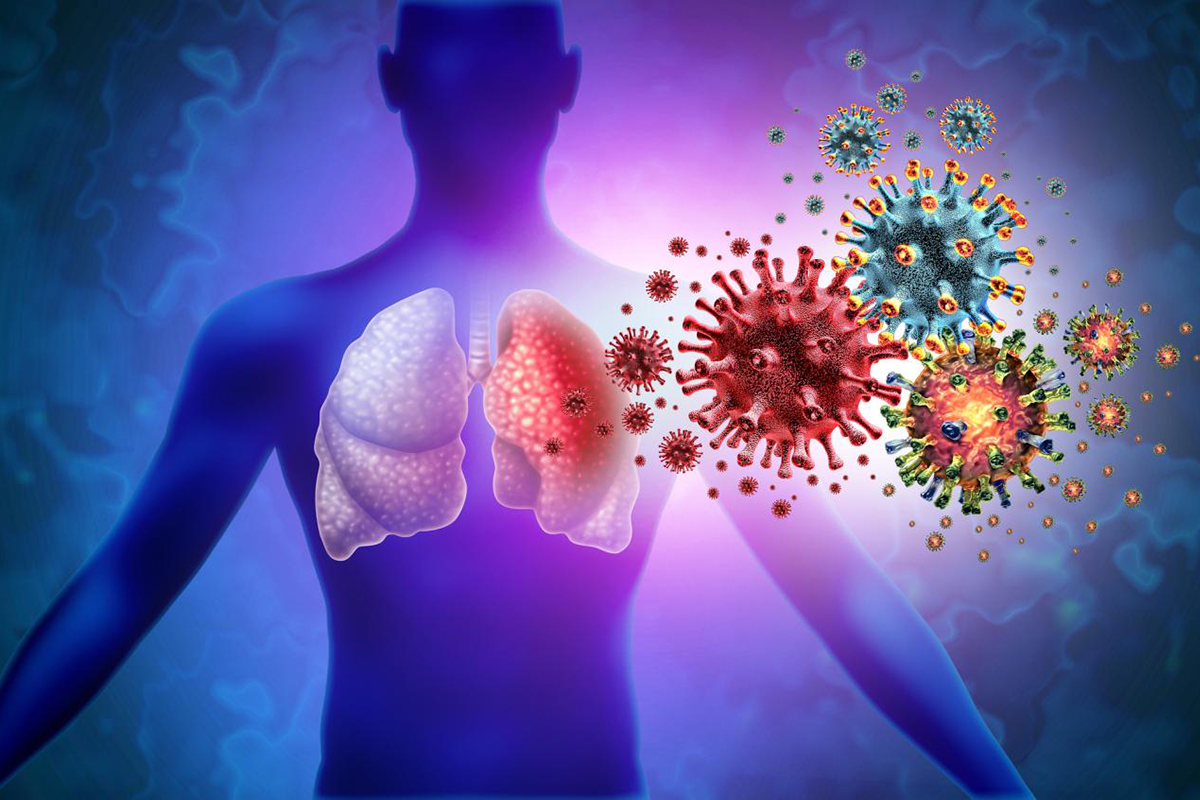The World Health Organization (WHO) defines long COVID as chronic sequelae that remain more than two months after recovery from Covid-19. Taiwan’s Ministry of Health and Welfare Command Center also announced that dyspnea, palpitations, chest pain, anxiety, insomnia, difficulty concentrating, muscle and joint pain, etc. are common symptoms of COVID-19 after infection.

The Long COVID aftermath cannot be underestimated
In Taiwan, there may be a considerable number of people who continue to suffer from Long COVID symptoms even after testing negative. A woman in her 30s experienced fatigue, brain fog, palpitations, and body aches for over five months after contracting COVID-19. She underwent cardiac exams and took both traditional and Western medicine, but her test results were normal while her symptoms persisted. Eventually, she sought help from a functional nutritionist who found vitamin deficiencies and mitochondrial dysfunction as potential causes of her symptoms. After adjusting her lifestyle and receiving oral and intravenous nutrition therapy, her symptoms have significantly improved, and she has returned to normal life and work.
Dr. Hui-Hsuan Chen, a neurologist, pointed out that the symptoms of Long COVID are diverse and may be due to immune system imbalances, severe inflammation, or mitochondrial dysfunction. Many of these issues are functional disorders rather than structural organ damage, making them difficult to identify. Functional medical assessments can help identify causes and determine the nutritional needs of different systems, aiding in the adjustment of imbalances.
Two major causes of Long COVID symptoms
Rong-Hong Hsieh, dean of the College of Nutrition at Taipei Medical University, stated that international research journals indicate two major causes of Long COVID symptoms: mitochondrial dysfunction, also known as the “power plant of cells”, and persistent inflammation. These effects occur when viral proteins continue to interfere with normal mitochondrial function, preventing sufficient power from being provided to cells and releasing free radicals that damage cells. Additionally, residual viral proteins continue to trigger inflammatory responses within the body, causing the immune system to mistakenly attack self tissues. Lastly, prior viral infection can cause damage to central nervous system and vascular endothelial cells, impacting neural transmission and hormone secretion in the brain, which can lead to issues with the musculoskeletal system, endocrine system, digestive tract, nervous system, and mental health.
How to overcome the long-term effects of Long COVID
How can patients who have recovered from COVID-19 get rid of Long COVID symptoms? Robert Thomas, an oncologist at the University of Cambridge, recommends that patients consume more pomegranates and drink chamomile tea. These foods, which contain citrus bioflavonoids, are not only excellent sources of vitamin C, but are also rich in resveratrol, which has antioxidant properties and can alleviate Long COVID symptoms overall. However, to truly eliminate Long COVID symptoms, according to the aforementioned research, reactivating or boosting mitochondrial function is a more fundamental and potentially multi-benefit solution.



